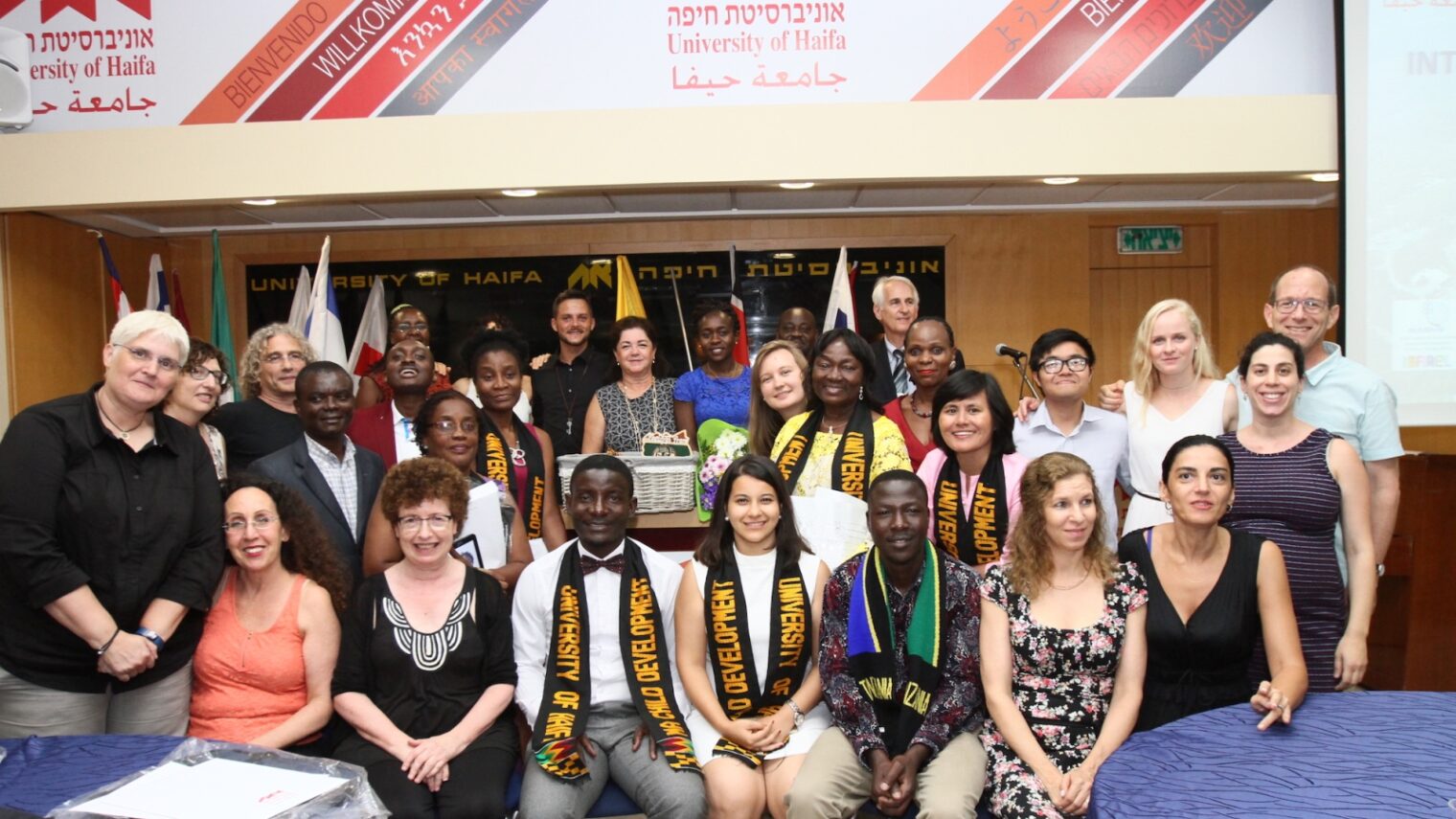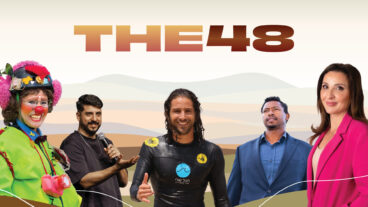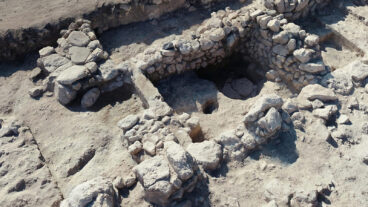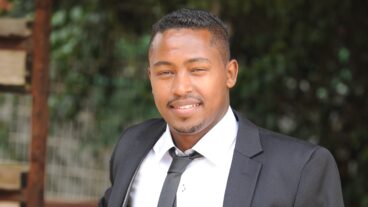Sahilu Baye, a psychologist and educator in Ethiopia, struggles with his country’s lack of social-welfare programs and resources for disadvantaged children at risk of abuse, discrimination, isolation and even death. Since 2003, his Enrichment Center for the Disadvantaged strives to better the lives of the orphaned, the destitute and the vulnerable.
Eager to connect with experts who have researched what children need to develop into healthy, functioning adults, Baye left his job and family for a year to come to Israel as a student in the first class of University of Haifa’s International Master’s Progam in Child Development, which is geared to professionals from developing countries across the globe.
After graduating in 2015, Baye developed a pioneering program at his center that trains Addis Ababa orphanage caregivers, preschool teachers and child-welfare workers about the attachment and socio-emotional needs of infants to three-year-olds. They had never before had formal education on this critical topic.
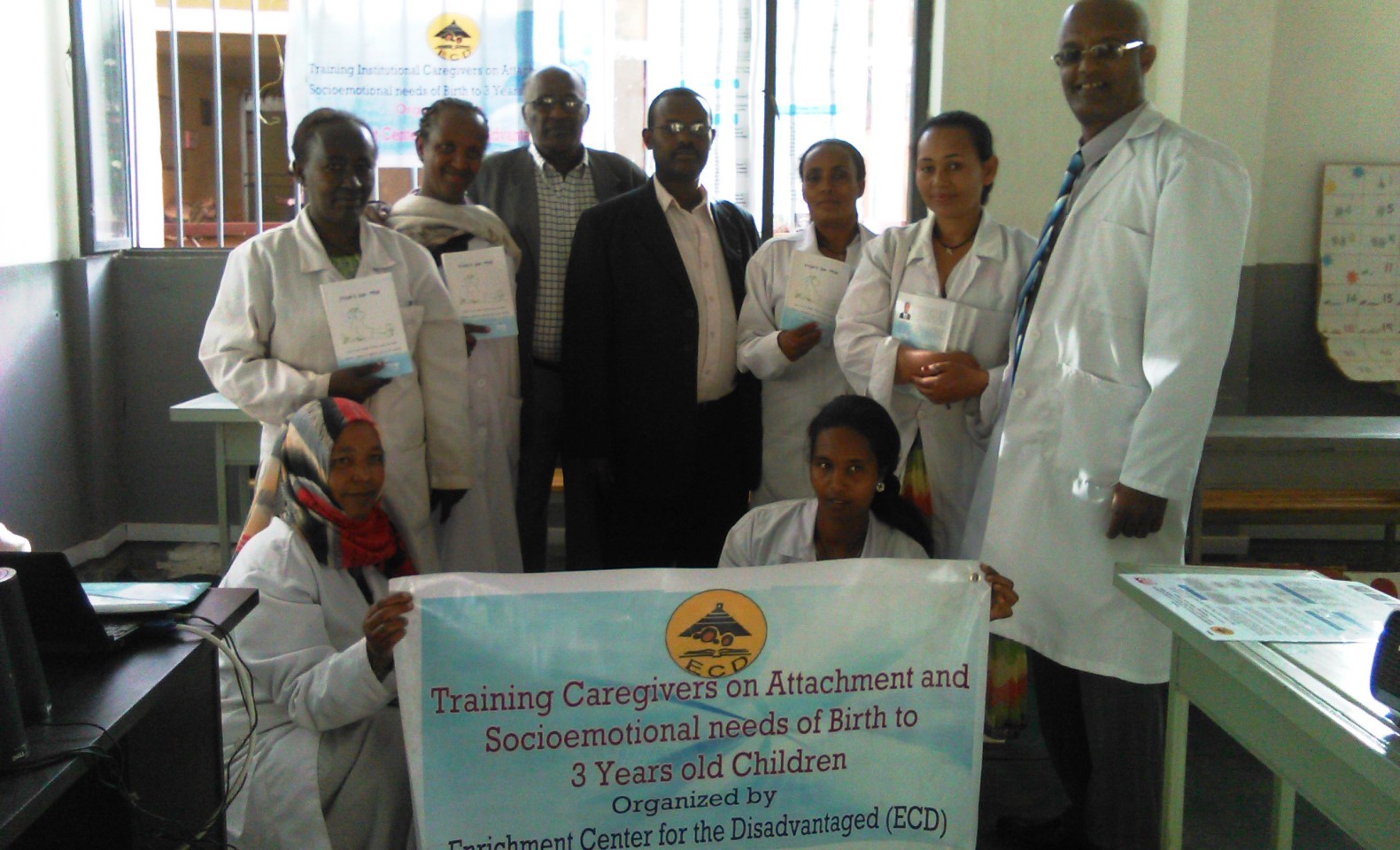
“According to professionals in child development, children do not need more expensive things,” Baye learned in Israel. “The best toys children can have are consistent, sensitive and responsive caregivers who get down on the floor and play with them. Findings have indicated that children strongly need a secure base or safe haven for their survival,” Baye tells ISRAEL21c.
He says that the master’s program in Israel “was an amazing experience that has dramatically influenced and upgraded my scientific view of child development. I have started to serve my project beneficiaries in a more scientific direction than before.”
Only program of its kind
In July, the master’s program graduated its third class of 18. The group included social workers, educators, pediatric nurses, a speech therapist, a pediatrician and a journalist from countries including Uganda, Myanmar, Nepal, Liberia, Nigeria, Kenya and Tanzania.
Ghana, Vietnam, Chile, Burma, Cameroon, India and Georgia are among other countries from which professionals have come for the year-long, 36-credit course of study, the only fully-funded program of its kind in the world. Vital Capital Fund, Open Society Foundation and the Two Lilies Fund cover tuition, housing, food and medical expenses.
Karen Berman, CEO of the American Society of the University of Haifa, says the international master’s program in child development was established in 2014 with the goal of improving the lives of children at risk in developing countries.
But in addition to providing training that these professionals probably could not receive elsewhere, Berman adds, the program also highlights “the humanitarian role Israel plays throughout the world” and gives students “the opportunity to immerse themselves in Israeli life and culture and return to their home countries as ambassadors for Israel.”
The master’s program is very much on the radar of officials from the students’ home countries. The latest graduation in Haifa was attended by governmental representatives including Tanzanian Ambassador to Israel Daudi Msima, Nigerian Ambassador to Israel Frankie C. Obianagha, Israeli Ambassador to Slovenia Barbara Susnik, Kenyan Ambassador to Israel Jon Chessoni, as well as senior diplomats from Ghana, Liberia, Myanmar, Georgia and Belarus.
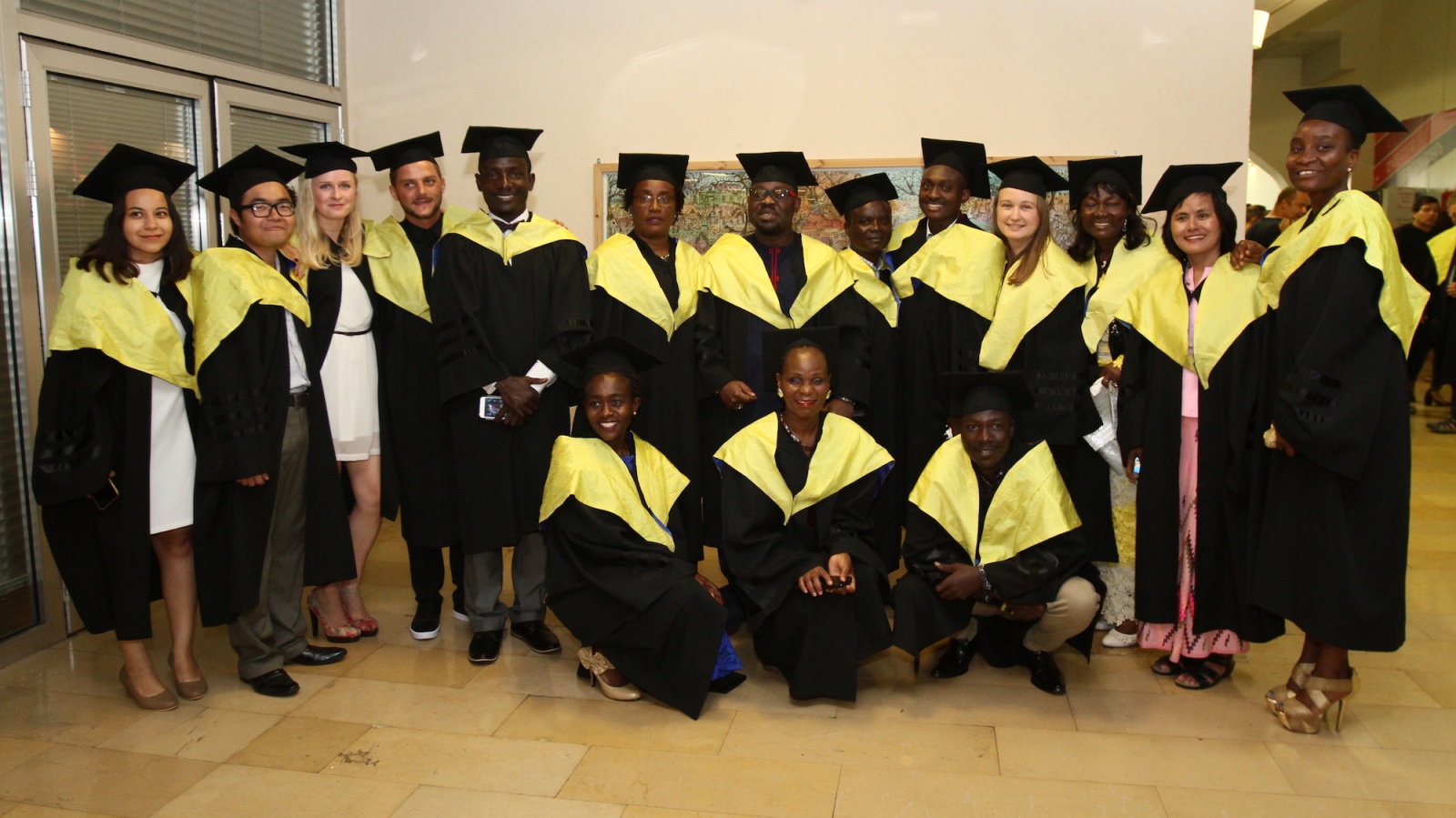
Holistic, innovative, sustainable
Baye relates that he first heard about the master’s program from a friend who received a flyer sent to former course participants of the Golda Meir Mount Carmel International Training Center, run by the Israeli Foreign Ministry’s MASHAV Agency for International Development Cooperation.
He jumped at the chance to gain new skills and techniques to bring home and transfer to local stakeholders, hoping to make improvements in his center’s programs and in national policies directly affecting the well-being of Ethiopian children.
“I had a desire to upgrade my knowledge to evaluate impacts of child-development interventions and promote quality early-childhood development programs that are holistic, innovative, community-based and sustainable,” Baye says.
“I believe knowledge transfer is very important to make a change in the lives of millions of socially, emotionally, mentally and physically disadvantaged children.”
The program offers courses in developmental psychology, psychopathology, neuroscience, cognitive and language development, intervention and prevention, methodology and statistics, parenting, and child development in a cross-cultural environment.
Students attend workshops in clinical observation and hear guest lectures by experts on early child care, child maltreatment; environment and genetics; orphanages, foster care, adoption, traumatic stress, drama therapy, sleep and child development; political violence and child soldiers; and children’s rights.
https://www.youtube.com/watch?v=aXiCcHHrrbE&feature=youtu.be
For more information, click here.




